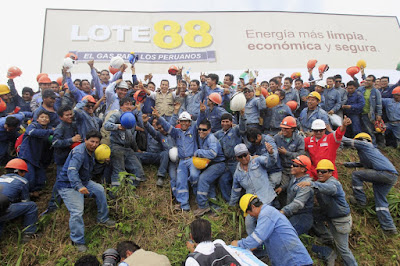Decolonization in the Caribbean #5: Chair in Crisis
The Chair for the committee of 24 is Rafael Carreño Ramirez who is the permanent representative to the UN from Venezuela. He opened the seminar in St. Vincent with a statement, but soon had to leave the conference, with one of the committee’s vice-chairs, from the Russian Federation taking over. This regional seminar is taking place in the seventh year of the Third International Decade for the Eradication of Colonialism. The United Nations sometimes sets large goals for itself or its programs, hoping to achieve substantive results or progress within a generous time period. The UN attempted a similar thing with regards to decolonization, establishing ten year periods during which is was to work towards achieving significant progress with regards to eradicating colonialism from the world. Over the past 17 years, no territories have moved closer in any measurable ways towards self-determination or decolonization. The last territory to be removed from the li


